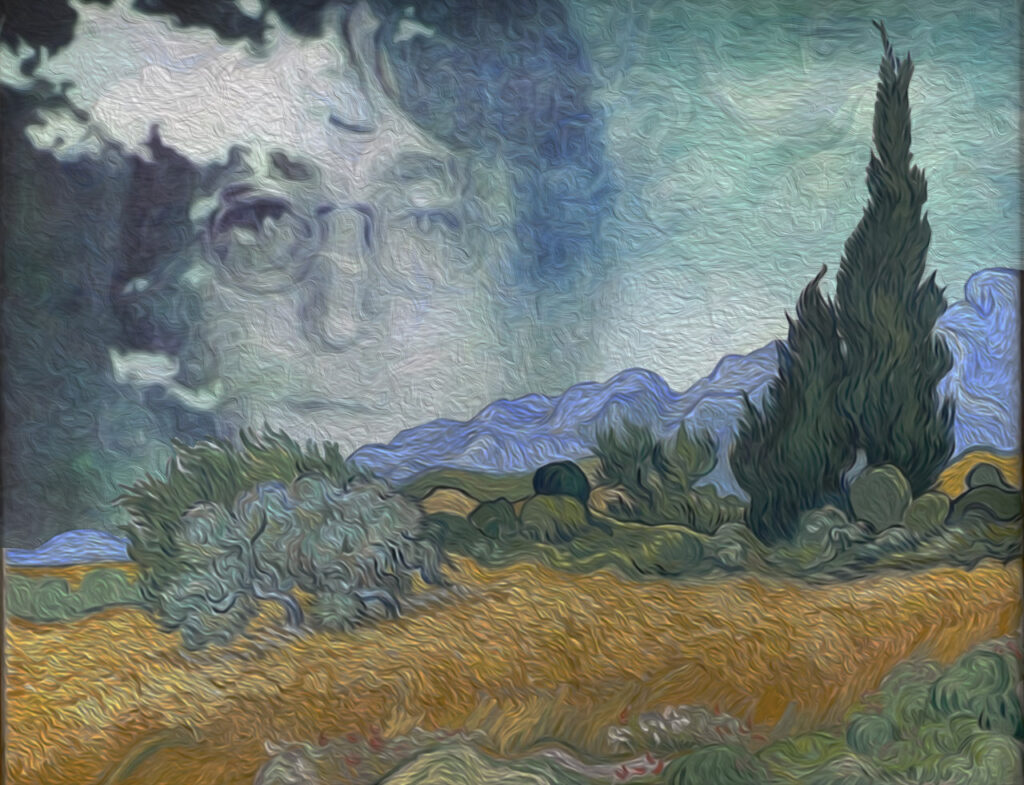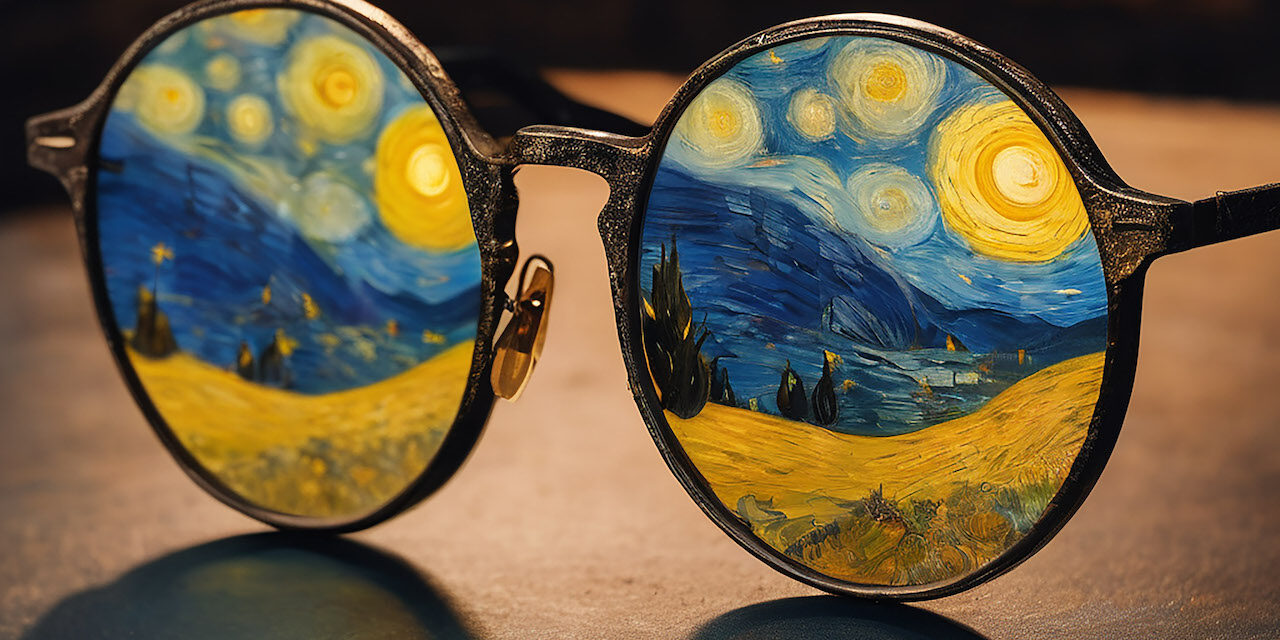
24 – 27 July
If, in some parallel universe, two cultural icons from different centuries were to meet, what would happen? How would their conversations proceed? How would their views be similar, or different? Such is the hypothesis behind writer Nick Wilkes’ latest play, which postulates an unlikely meeting between The Beatles’ John Lennon and celebrated expressionist painter Vincent van Gogh, two of the greatest artists of their respective times.
Within the white walls of a minimalist art gallery, 1886 and 1974 converge. We find ourselves simultaneously in the final few years of each of these two icons: a disgraced and artistically still unknown van Gogh finds himself in Antwerp seeking to finally sell his artworks. Conversely, Lennon’s popularity and reputation are in decline, his record sales are falling, his life descending into an hedonistic maelstrom of adultery and drink and drug abuse in Los Angeles. Within a few years, both will have died of gunshot wounds to the chest, van Gogh in 1890, Lennon in 1980. And yet here they are together, extracted into an abstract, existential, pre-death waiting room. As each of these cultural giants enters a period of profound change towards the end of their life, When Vincent Met John cleverly employs them to explore themes of life and death, as well as the nature of art, identity and legacy.
In a compelling two-hander, Murray Andrews (van Gogh) and Wilkes himself as Lennon deliver a powerful, poignant and at times very funny performance which seeks to deconstruct art and the purpose of the artist. The close confines of the Everyman’s Irving Studio Theatre lend both intensity and intimacy to this meeting. Wilkes tells us how Lennon and van Gogh “….were both very strong-willed and outspoken; passionate, unpredictable, temperamental and volatile artists passionate about their art”. Wilkes’ script, and a mesmerising performance by both actors, ensures each and every one of these characteristics is forensically explored. This is at once violent and tender, vitriolic and touching, a skilful juxtaposition which both players convey with nuanced and believable performances that tease out the complex and conflicted natures of these eponymous characters. There are some clever but fleeting allusions to each other’s works – Wilkes cannot resist van Gogh giving Lennon ‘All You Need is Love’; in return, perhaps Lennon provides the genesis for van Gogh’s as-yet-unpainted masterpieces ‘Starry Night’ and ‘Sunflowers’ – but ultimately this is not really a show about Beatles songs or straw-seated wooden chairs, rather an existential study of what it is to be an artist, and the fundamental desire and need for each to leave a cultural legacy.
Much like the gallery which forms the backdrop, this is a stripped back, minimalist performance. The empty picture frames on the half-constructed walls invite us to explore our own perceptions of what constitutes art; a simple coffee table represents the only furniture on a sparse, stark and uncomfortable stage. This is a one-act, 90-minute conversation devoid of any respite from a bright white light which places both characters under our intense glare, with the proximity to the audience meaning every movement, every gesture, every syllable, every scream and fleck of spit all serve to immerse us in this most intense and absorbing of encounters.
As with the best art in all its wonderful forms, this is a highly original and thought-provoking piece that will stay with you long after the applause which, on this opening-night occasion, was fully deserved.
★★★★★ Tony Clarke 25 July 2024
Photo credit: Nick Wilkes


